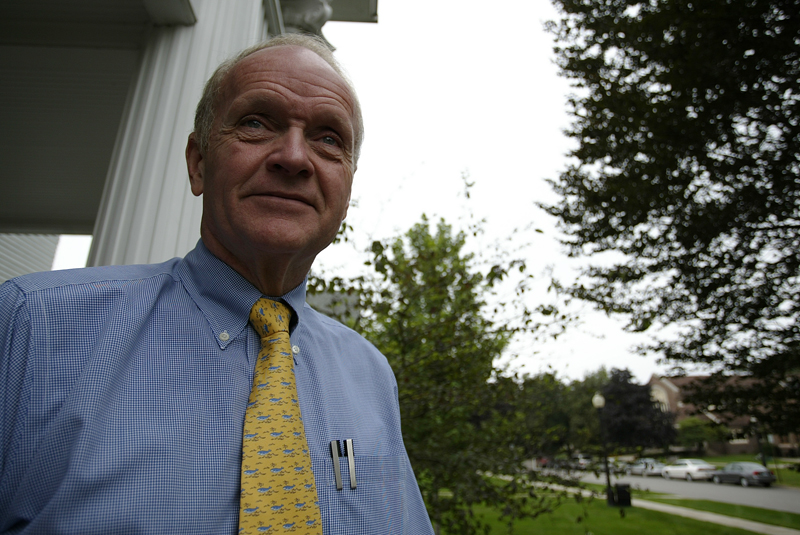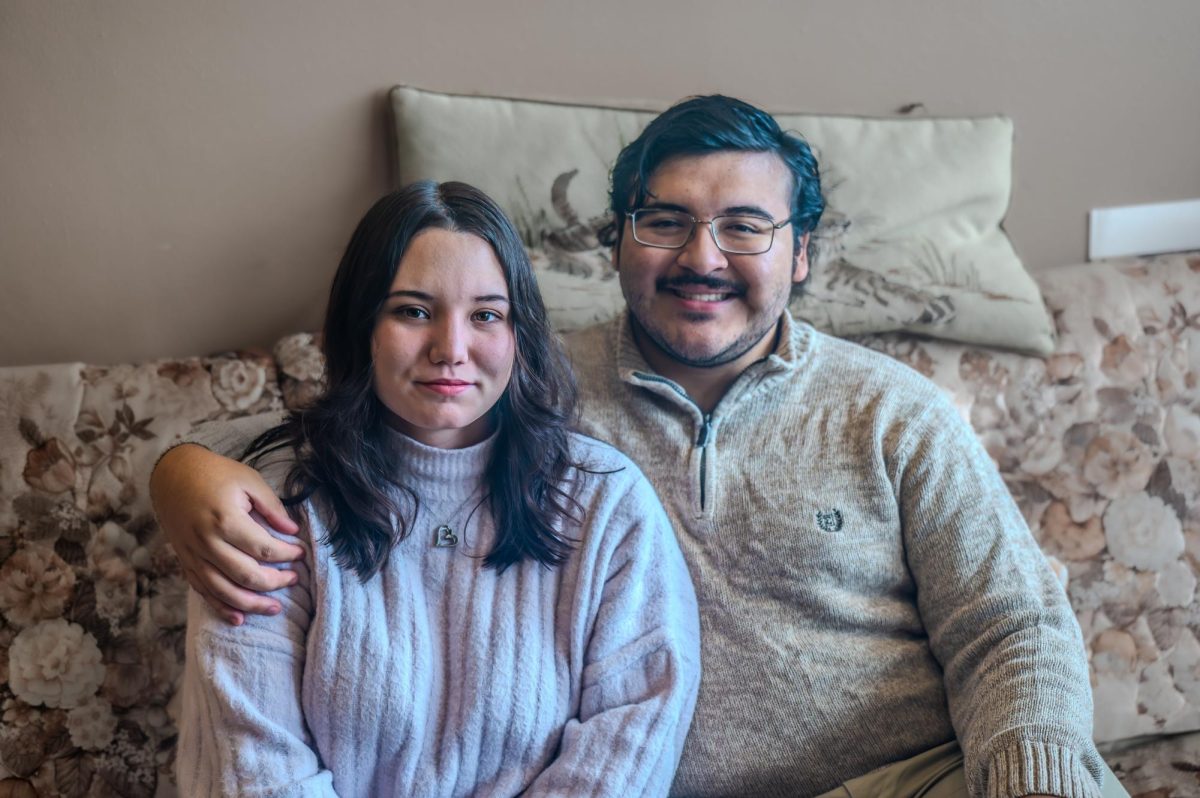
The S&B sat down with President Russell K. Osgood to discuss a variety of issues encountered during his time here at Grinnell. What follows is the last part of Osgood’s Q&A. In this week’s edition of the Q&A, RKO lays out his views on college presidents and what he expects from the transition process.
When you laid out your views about college presidents, something came up that I’ve heard students talk about, I don’t know the particulars on the issue or even the sides, but you said “don’t stay for too long.” What is too long?
In my view, ten years is plenty. In retrospect, there’s nothing wrong with twelve. The logic when we got to ten was that we were just starting the athletic building and we were just starting the strategic plan. If I could just make it to twelve then we would have finished the building and finished the strategic plan and we had no other buildings scheduled, so that was sort of the logic.
How is the strategic plan, have you accomplished all of the goals?
I think so. I think there are still some things that need more work. Diversity is one of them. I think the big goals have been accomplished. One of the goals has been negatively impacted, that’s the goal of revenue balance. The endowment fell and our expenses have, we’ve controlled them well, but our overall fiscal situation is no more balanced than it was at the beginning of the plan. Having said that, we are in excellent, I won’t even say that, we are in superb financial condition. But the long-term issues for running a college financially are very tricky and this place will have to maneuver them. We are very dependent on our endowment. If it were to drop again it would be a very serious matter.
Try to make it a little more light, we were talking about Dr. Kington, and you said that we wouldn’t hear anything critical.
And I probably won’t think anything critical, so it won’t be that I’m hiding something.
Good! But what sort of role are you playing in ensuring that his transition goes smoothly?
Again, my view is that I should sit in my office and answer all of his calls, and if I think I see a disaster happening, I’ll call him up and tell him about that. But I shouldn’t be there calling any of the shots. He’s been around, he’s had major jobs, this is a capable man or he wouldn’t be where he is. In my time here, I had three living predecessors that I was close to, and they were incredibly valuable to me. But they all had kind of different approaches. One of them would tell me exactly what he thought. Pam Ferguson would listen to me respectfully and then she would put her arm around me and tell me “It’s up to you, Russell.” Just talking to her helped, you know what I mean, because I would have to collect my thoughts. And then George Drake is just a tremendous resource, with the history of the place. I have been incredibly blessed with predecessors. When I was at Cornell by the way I had five living predecessors all on the faculty and that was fantastic too. So I hope I could be of some use, but I have no intention of sticking my nose in anywhere.
Besides lengthy Q&As like this one, is there anything you’d like to warn Dr. Kington about?
Let me just say, before I came, people gave me all kinds of warnings about this place: “Be concerned about this, be concerned about that.” They were all wrong. One of them, someone told me the students were very different, nothing like Cornell, and that was completely wrong. Someone said, “Well the Board of Trustees is very bossy and will micromanage you.” Wrong, there was no truth in it. The one bit of advice I would give Dr. Kington would be, if someone tells you that something is a huge problem, investigate it, but don’t believe it’s necessarily true.
You should tell him to always say yes to Scarlet & Black interview requests.
As you know, I believe that, and I believe in doing it immediately, because bad things happen when you try and hide from the press, and when you don’t fully talk about it. That doesn’t mean you talk about every detail.
What will you miss most about Grinnell?
Basically, I like dealing with undergraduates a lot. I think it’s an absolutely fantastic period in life. Because you’re pretty well grown up, you’re more grown up than your parents think you are. But you’re also in a formative period where you’re figuring out what you want to do, and that’s fantastic. Law students, I’ll probably continue to deal with students, but it’s not as intimate as when you’re president, so I’ll miss that a lot. I will also miss being in this town. I like it. I like running in the cornfields. But I’m going to back to my hometown where I grew up. My wife grew up there.
What town is that?
Rockport, Massachusetts. And, as I said, I will continue to teach. I’m going to teach for Grinnell next fall, I’ll probably teach in a law school in Europe or in the United States next spring.
You don’t even have to plan?
I’ve been asked by a bunch of places. My goal right now is to not say yes to anyone, just think about it. I’ve been so busy for so long that I’m just going to figure it out carefully.
-Interview conducted by Marcus Eagan and Eliza-Eve Leas



















































